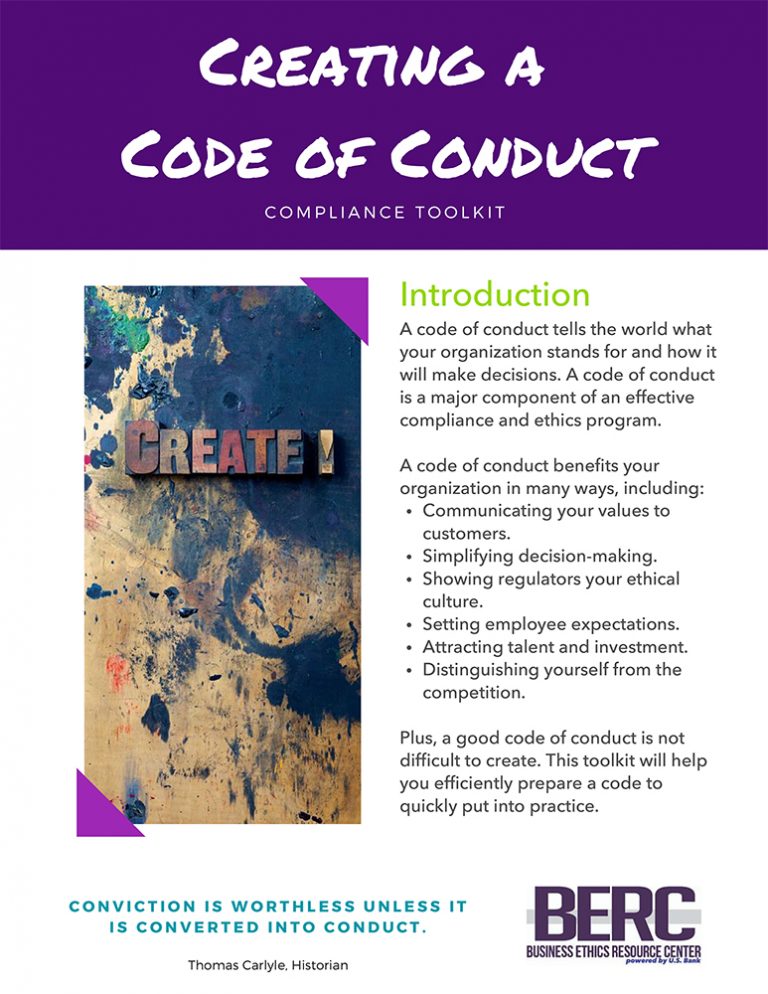Childhood lessons can help you make the most ethical decisions as an adult.
Q: I need to write a report for the investors of a privately held company. My boss asked me to “do some creative accounting” to make it look like the company made a profit. Any advice? – Concerned worker
A: When faced with an ethical dilemma, think first about the values at play. Most professions have a code of ethics. Consistent principles include honesty, integrity, independence and acting in the public interest.
If you are not a member of a professional organization, think back to your elementary school years. Can you recall lessons learned such as respecting others, being fair, being honest and advocating for truth? These childhood lessons are readily accessible for purposeful, ethical decision-making as an adult:
Respect others. Whatever your role in the organization, every person should be respected as a fellow human. Remember your investors have entrusted you to provide the information they need to make responsible decisions.
Be honest and fair. Misstating earnings or profits is a violation of trust. It also violates a basic tenet of fair competition and informed decision-making. By masking a weakness, are you missing an opportunity to demonstrate a need for investment in some area of the company?
Exercise independent thinking and act in the best interest of others. In a privately held company, there may be less oversight or public scrutiny, so there is more responsibility on the leaders to hold themselves to a high standard of ethical conduct. Lies compound over time. As your career advances or your company grows, misstatements of fact get harder to unwind.
Ethical decisions in today’s organizations include many stakeholders and are more complex and volatile than in our school years. But I would argue childhood lessons help you make the most ethical decisions as an adult.
I posed your question to my second-grader; her immediate response was “Don’t do it. That would be lying.” Instead, draft an accurate and honest report. Dig deeper for root causes and provide a plan for improvement in the future. If your boss is not impressed, it may be time to look for an organization more aligned to your childhood values.
By: Nicole Zwieg Daly, director of the Center for Ethics in Practice at the Opus College of Business at the University of St. Thomas.
This article originally appeared in the Star Tribune on May 25, 2018. Used by kind permission of the Star Tribune.


